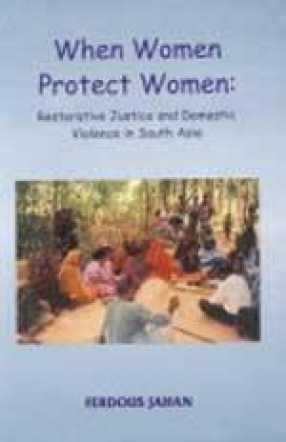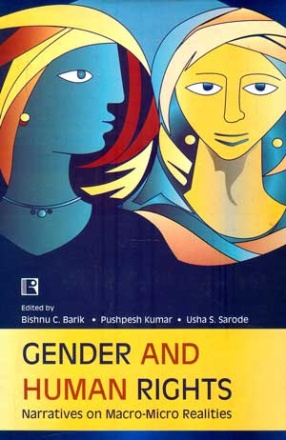This book draws on theoretical debate as well as empirical evidences from political science and criminology to understand women’s legal empowerment and justice seeking behavior. It attempts to understand theories of equality and empowerment through a practical lens. Based on in-depth ethnographic interviews, the book investigates which of four legal/alternative dispute resolution institutions (formal courts, indigenous traditional dispute resolution structures, Lok Adalat, and Non-Governmental Organization sponsored dispute resolution structures) best empower women in South Asia who are victims of domestic violence. It explores the extent of procedural power or the direct participation of female victims in procedures of justice processes; distributive power which is the restitution or protection of women through the results of justice processes; and compliance power or the desistence of defendants in each case from further crimes against female victims and the realization of conference resolutions and/or court verdicts. The book concludes that empowerment must be considered on both an institutional level (how an institution is designed) and leadership of the institution (who leads and influences decisions). Finally, it argues for a culturally sensitive and viable restorative justice model with female facilitators and attendees to ensure justice and satisfaction from a victim’s perspective.
Gender and Human Rights: Narratives on Macro-Micro Realities
The book incorporates voices ...
$39.60
$44.00





There are no reviews yet.